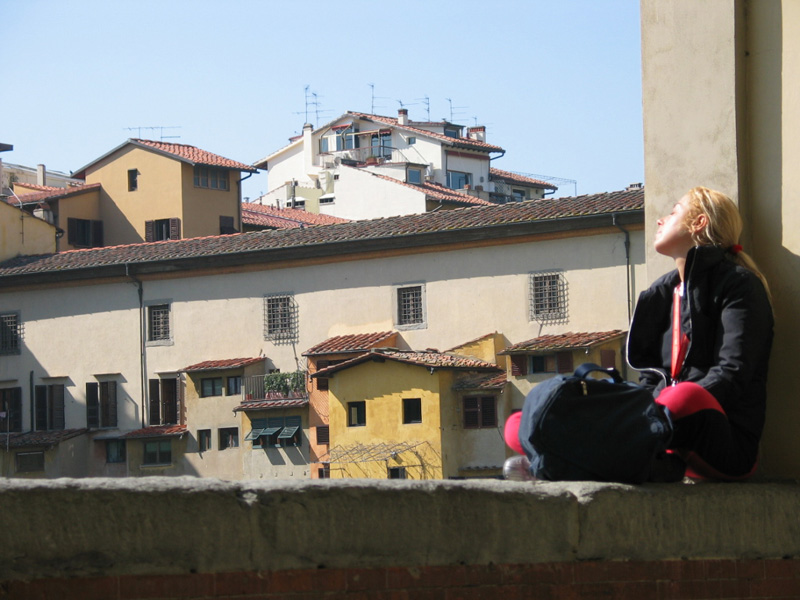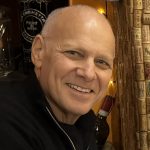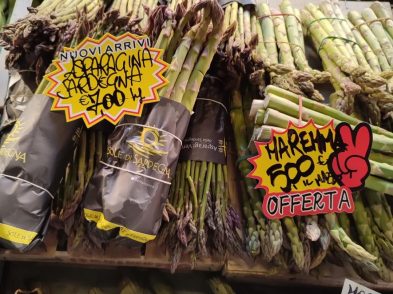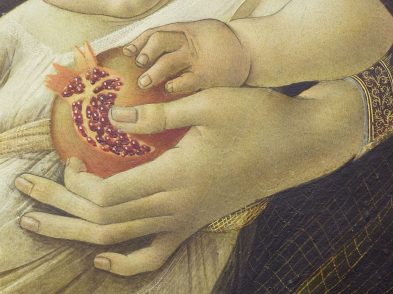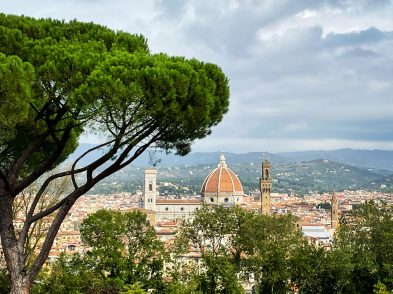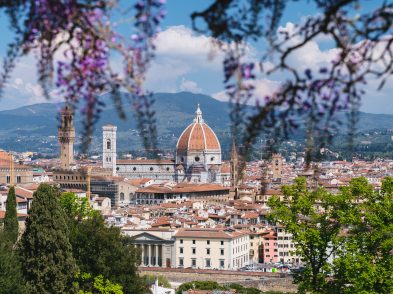The city of the Renaissance may be the least likely place to think about the concept of artificial intelligence, broadly defined as the ability of machines or computers to think, learn and act like humans.
Leonardo da Vinci was captivated by the prospect of flight, but it’s hard to imagine that the possibility of aircraft piloted by soulless machines was on his radar. AI wasn’t the inspirational source for his drawings and models of the Ornithopter—the precursor to modern aviation—nor for his paintings the Mona Lisa, The Last Supper and Salvator Mundi, which recently sold for 450 million dollars at a Christie’s auction, and countless other inventions and artworks. Rather, his ideas were fueled by the spirit of the Renaissance, a spirit of rejuvenation, enthusiasm and experimentation grounded in the classical Roman and Greek premise that, in the words of Greek philosopher Protagoras, “man is the measure of all things”. This spirit is epitomized in Leonardo’s symbolization of the Vitruvian Man, based on correlations of ideal human proportions. According to Vitruvius, a Roman architect who lived during the first century BCE, the human figure should be the source of proportion in all architecture.
Today, it’s impossible to imagine a world without AI.
It pervades every facet of our lives. It shops, cooks, cleans, educates, identifies dating partners, invests, detects terrorism, pilots vehicles, plans trips and more. But its decisions are based upon algorithms—logical calculations—and not on the depth of human feelings that are often necessary for inspirational problem solving.
In his 1922 book Social Change, U.S. American sociologist William Ogburn theorized that a society’s norms, values and beliefs take time to adapt to technological changes and that this cultural lag, as he defined it, can create problems. This may be truer than ever before. Will AI cause us to lose touch with our humanity in our personal and professional relationships? Will our individual abilities to think critically, creatively, passionately and deeply be compromised? Probably most on people’s minds, will jobs be replaced by computers and robots?
In Robot-Proof: Higher Education in the Age of Artificial Intelligence (2017), Joseph Aoun, president of Northeastern University in Boston, says that, on the contrary, AI may be an opportunity. But first, he argues, we have to change the focus of higher education. “Because the U.S. education system was designed largely to meet the needs of the industrial economy of the nineteenth and twentieth centuries,” Aoun says “…often it pushes students to learn mathematics, language, science and other ‘hard skills,’ with less emphasis on the liberal arts, creative disciplines (such as music and art), and metacognitive skills typically referred to as ‘soft skills’.” Hard skills are still essential, but today, Aoun suggests, competing in the age of AI requires more. Creativity should be at the core of higher education in order to maximize our uniquely human capacities and cognitive abilities: critical thinking, questioning time-worn assumptions; systems thinking, applying knowledge across different contexts; entrepreneurship, pushing the boundaries of discovery and invention; and cultural agility, adjusting to the nuances of human behavior of people globally. These are the skills that will prepare people to compete in a labor market in which they work alongside and complement artificial intelligence, not against it. To master these abilities, Aoun says, education must have experiential learning at the core, the goal of which “…is to remove the boundaries between the classroom and real life, creating a constant, multidimensional learning ecosystem.”
What better place than Florence to break down these boundaries between classroom and real life? Students studying abroad and professionals seeking career development are immersed daily in the experiences that nurture the soft skills necessary for excelling in skills yet unattainable by AI. The literature of Dante, the architecture of Brunelleschi, the art of Leonardo and Michelangelo, the passion for arts and business of the Medici are part of the inescapable presence every day in the city of the Renaissance.
Antonio Vanni, Academic Director of AEF, School of Arts and Italian Culture, commented, “In Florence, we come face to face every day not only with the art of the Renaissance and contemporary art, but also with the art of living. Florence is built around man; it’s a unique city, small and precious for the world. Here, Italian culture, style and identity manifest themselves clearly as a synergy and concert of the arts, architecture, music, fashion, food. Studying in Florence means being immersed in the harmony of all of its parts and being invited to love it more deeply.”
Connecting to human emotions and sensibilities is integral to education in Florence. While it’s true that other great world cities are centers for the arts, the unique topography, architecture, size, history, identity and overwhelming presence of the Renaissance—in addition to the ubiquitous essence of the Vitruvian Man—make the experience of art and creativity unavoidable.
Vanni feels that to study in Florence means to understand the words of Dante. From the Divine Comedy: “Consider your origins: you were not made to live as brutes, but to follow virtue and knowledge.” The virtue, knowledge and soft skills gained through experiential education in Florence may be our best defense against becoming irrelevant in a world of AI. Paradoxically, living in an age of artificial intelligence may be the precursor to a new Renaissance in which humans again “become the measure of all things.”

